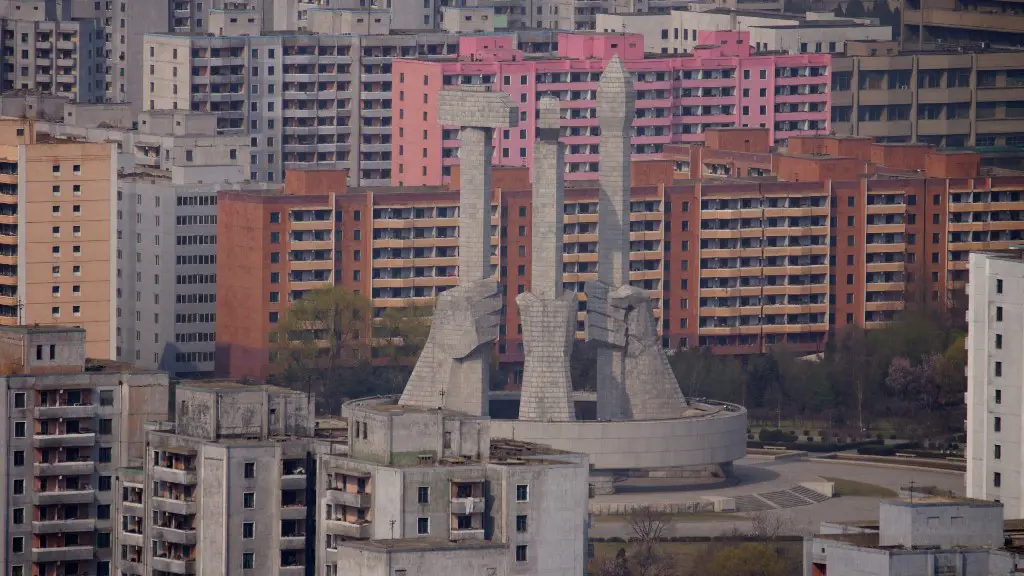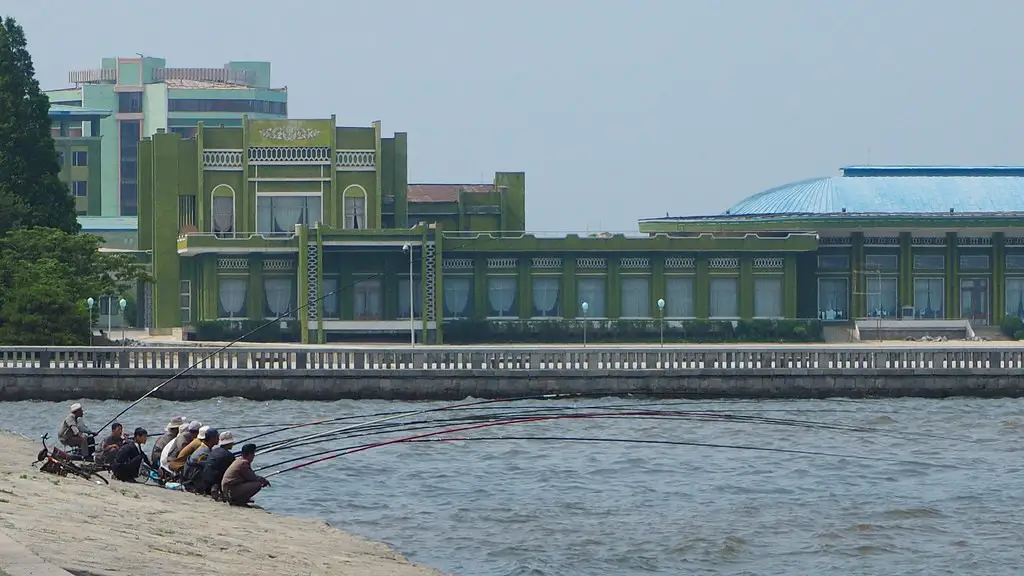The novel coronavirus (COVID-19) pandemic has occurred worldwide. Although debate continues over the origin of the virus and its evolution, several countries have been badly affected by the virus, and have seen significant numbers of deaths.
The effects of the virus in North Korea have been unknown to the outside world, despite the country’s border to China, which saw the first recorded cases. North Korea is a state with a mysterious political system and economy, so it has been difficult to understand the real effects of the virus in the region.
The latest available figures show that North Korea has reported no cases of the disease. The country’s state media had initially placed restrictions on activities in a declared ’emergency period’ from January 20, 2020. From April, the restrictions were lightened, and all activities officially resumed.
Despite the official reports, some experts consider the lack of confirmed cases as implausible; due to the geographic proximity to South Korea, where the disease has spread rapidly, it is thought that North Korea has cases of infection. Others consider that the quarantine activities have been effective, could be keeping the situation under control.
It is difficult to determine the death rate due to the lack of confirmed cases. However, there are credible reports of a sharp increase in mortality in some North Korean regions during the pandemic.
According to a report by the Committee for Human Rights in North Korea (HRNK), most of these deaths were people under the age of 65. This indicates that the elderly there may have benefited from an effective prevention system.
The consequences of the disease are obvious in claims of “waves” of mourning. According to reports, the proportion of North Korean citizens leaving the country has increased between April and June 2020. This could be due to the shortage of food, hospital supplies and medicines caused by the pandemic.
Moreover, the measures to contain the disease have had economic consequences for North Koreans. Quarantine restrictions closed much of the informal economy, cutting supplies to many citizens, who were already struggling due to international sanctions on the country.
Floods and Lack of Supplies
A particularly notable consequence of the quarantine restrictions has been the interruption of food supplies. North Korea experienced heavy flooding in North and South Hwanghae provinces in August, after severe storms hit the region. Consequently, much of the population was left hungry, as the government was unable to provide the necessary food to the affected people.
Additionally, the lack of medical supplies has affected the population in the region. Since the outbreak of the pandemic, North Korea has not been able to get the necessary medicines from abroad to fight the disease. This situation was made worse by the floods in August, when much of the population was reported to have been affected by a lack of medical supplies.
Therefore, it is clear that lack of supplies has led to an increase in deaths in North Korea due to the Covid-19 pandemic. It is also the case that North Korea’s ability to fight the pandemic has been hindered by the international sanctions imposed on the country, as well as the floods that have interrupted food supply and medical supplies.
Shortage of Resource and Limitations in Health Care
The North Korean government has also been accused of placing limitations on the health care received by its citizens. As the public health system is considered to have a limited capacity, some parts of the population have access to healthcare while others do not. This can lead to a decrease in the quality of care and accessibility to treatments.
Furthermore, the shortage of resources has also had an effect on the health of the population. In a report released by Amnesty International, it was revealed that the North Korean government is unable to provide safe drinking water for much of its population, leading to the death of many people, who lack access to safe drinking water. Additionally, many North Koreans are also unable to obtain fresh, uncontaminated food, leading to malnutrition and an increased risk of infectious diseases.
These limitations in healthcare and access to resources, therefore, contribute to the number of people who have died from Covid in North Korea. This is why, despite the lack of confirmed cases, there is still the possibility that Covid-19 has caused deaths in the region.
Economic Loss and Decline in Living Standards
The Covid-19 pandemic has also had an effect on the North Korean economy. The government has been dealing with a decline in exports and imports as well as an increase in unemployment. In addition, the decline in tourism due to the epidemic has also led to a decrease in foreign income.
Moreover, the lockdown in North Korea has had an effect on the mental health of its citizens. In a report released by CNN, the state media has warned about a rise in the number of depression and suicide cases. This can be partly attributed to the decline in living standards, as well as to the lack of access to mental health support.
It is also worth noting that due to the economic decline, many North Koreans have been left unable to purchase food, leading to an increase in malnutrition and deaths. Therefore, it is clear that the economic decline caused by the pandemic has had a significant impact on the population.
Impact on Education and Media Censorship
The Covid pandemic is also having a significant impact on North Korean education. The government has placed restrictions on the movements of the teachers and students as part of their quarantine efforts. As a result, many classes and exams have gone online, while some students have been asked to remain at home.
Furthermore, the government has also imposed restrictions on the media. Some of the media outlets have been accused of spreading misinformation about the virus, which has led to an increase in mistrust of the government. Additionally, strict censorship of the media has prevented citizens from getting timely access to the facts about the pandemic.
Lastly, it is worth noting that the pandemic has had a psychological effect on many of the citizens. This is due to the prolonged restrictions on movement, leading to an increase in anxiety levels as well as an overall decline in morale. Therefore, it is clear that the Covid-19 pandemic is having an effect on both the mental and physical health of the North Korean citizens.





